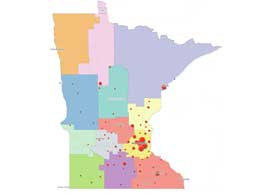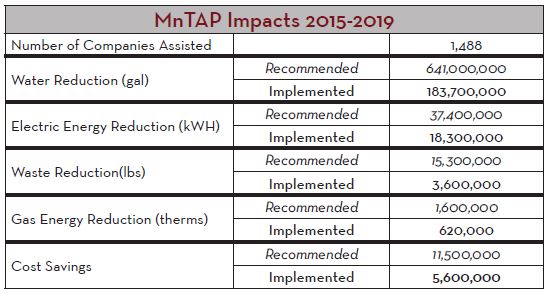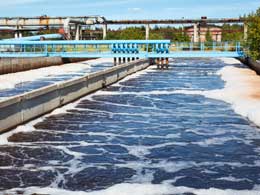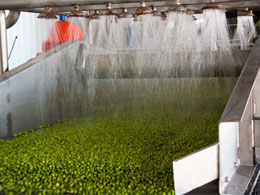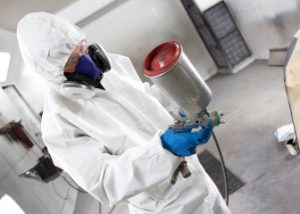April 2020 – MnTAP Continues to IMPACT Minnesota Businesses
Inside the Newsletter:
2019 IMPACT | Bottom Line | Energy Efficiency for WWTP | Industrial Water Efficiency | MPCA Grants for Emission Reductions
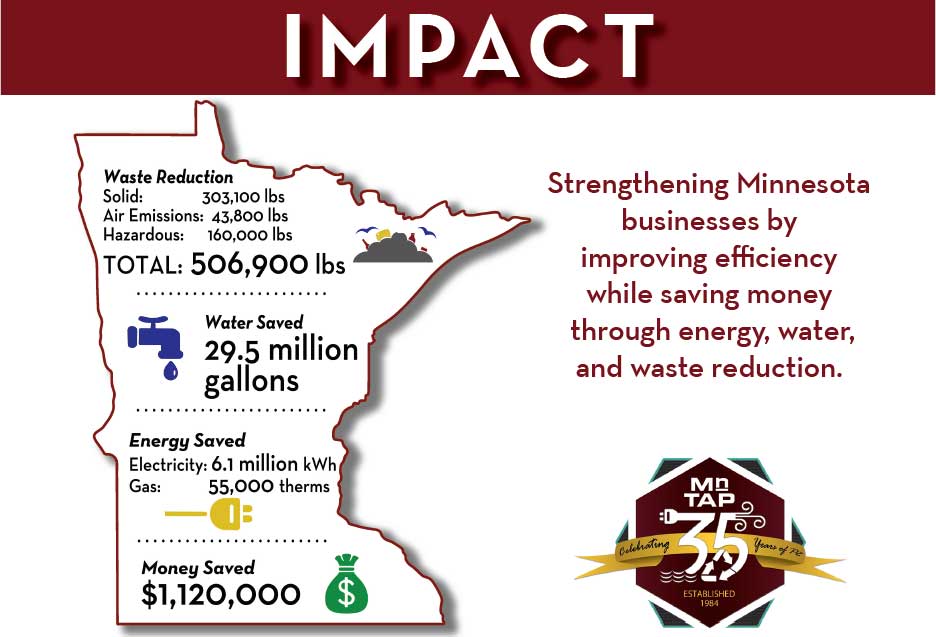
2019 IMPACT
MnTAP celebrated a milestone anniversary in 2019 – 35 years of providing high quality technical assistance to industrial facilities across Minnesota! The MnTAP 2019 IMPACT annual report summarizes the outreach activities and environmental outcomes achieved for the year. Briefly, assistance was provided to over 400 organizations across the state including 124 site visits to 78 unique facilities.
Highlights of MnTAP’s 2019 efforts include:
- 55 facilities implemented
- 95 MnTAP recommended process changes, saving
- 29.5 million gallons of water
- 506,900 pounds of waste
- 1 million kWh electricity
- 55,000 therms of gas energy
- $1.1 million annually.
MnTAP continues to contribute to Minnesota’s economic well-being by reducing waste at the source and training the next generation of engineers through the MnTAP Intern Program and student research projects. The 2019 IMPACT report shares the stories about the wide-ranging projects MnTAP staff supported over the year. The companies and organizations engaged in these projects are making their businesses more resilient by reducing waste, optimizing processes and saving money. This is good business for Minnesota. We thank our clients, partner organizations and sponsors for the opportunity to work with them in 2019, and we look forward to serving YOUR business in 2020.
MnTAP Contributes to Minnesota Business Bottom Line
MnTAP continues to make the effort to provide onsite technical assistance for pollution prevention, energy efficiency and water conservation to organizations across the entire state of Minnesota. For the five year period from 2015 through 2019 MnTAP provided nearly 1500 organizations with technical assistance information, site visits and intern projects. The economic impact of the implemented waste, water and energy source reduction projects totaled $5.6 million in counted first year savings. These implemented recommendations continue adding to the bottom line of businesses for years beyond the initial accounting.
Energy Efficiency Training for Wastewater Treatment Facilities
MnTAP was able to use experience from previous projects focused on energy efficiency in wastewater treatment facilities to estimate there could be up to 32,000,000 kWh of energy savings opportunity in small to mid-size facilities throughout Minnesota. A project completed in 2019 created an instructor led, cohort based energy efficiency training program for small to mid-size mechanical wastewater treatment plant operators. The training will provides instruction and support for operations staff to enable them to identify and implement low cost energy conservation opportunities. Delivering this training through a cohort model is a central feature to this program to cost effectively reach more facilities across the state and build a culture of continuous energy use improvement.
Training consists of 4 learning modules as outlined in the figure separated by time where operations staff can test options for saving energy at their own facilities.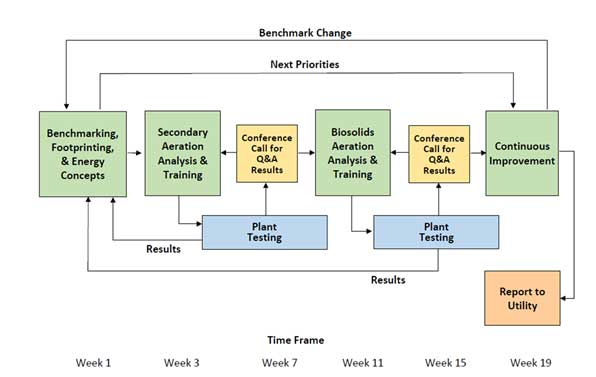
Each training module includes active learning components where participants apply energy concepts to their specific plant conditions such as:
- Calculating benchmark scores using Energy Star Portfolio Manager
- Creating a plant energy footprint using EPA’s Energy Use Assessment Tool
- Estimating energy savings from implemented efficiency measures
- Preparing a report demonstrating energy conservation for a utility
This project was supported through a Conservation Applied Research Development grant from the Minnesota Department of Commerce, Division of Energy Resources. https://www.cards.commerce.state.mn.us/CARDS/security/search.do?documentId={D7E355C9-D608-4AF8-9C0D-166B01040F45}
Industrial Water Efficiency Success!
Thirty-one MnTAP Intern Projects focused on industrial water efficiency in the Metro area have been conducted since 2012 with support from the Metropolitan Council Environmental Services (MCES). These projects have been hosted by industries ranging from food processing and power generation to healthcare and packaging. Combined these project have produced nearly 220 water efficiency recommendations that when implemented have an estimated first year water savings of nearly 280,000,000 gallons. To date 94 (43%) of these recommendations have been implemented totaling over 126,000,000 gallons of water saved in the first year of implementation, saving participating businesses $840,000 annually.
MnTAP and MCES are continuing this successful industrial water efficiency technical assistance collaboration through 2022. The 2020 MnTAP Intern Program features five additional industrial water efficiency projects and analysis of recommendations from past projects to identify industrial water efficiency trends that can be shared broadly.
The MPCA Grant for Emission Reduction from Solvents and Coating
The MPCA seeking applications for grant funding for small businesses, governmental agencies, educational institutions and nongovernmental organizations to switch to alternative solvents and coatings that result in measurable reductions in volatile organic compounds (VOCs), or to purchase equipment that reduces the use of VOC-containing solvents and coatings.
The request for proposals (RFP) has full details on who may apply, eligible project costs, and other information that will help applicants submit a proposal.
- Application deadline extended: May 29, 2020
- Eligible applicants: Businesses with under 500 employees, governmental agencies, educational institutions, tribes, or nongovernmental organizations (e.g., nonprofit or industry association).
- Eligible operations or processes include but are not limited to automotive repair, auto body, manufacturing, coating operations, wood working and finishing, and painting.
- Maximum grant award: $3,000 per application with a 50% required minimum match.
Apply now! New Deadline: May 29, 2020
These grants can be combined with low- to zero-percent interest Small Business Environmental Improvement Loans up to $75,000 for capital equipment purchases that help meet or exceed environmental regulations. Eligible applicants are encouraged to apply.
